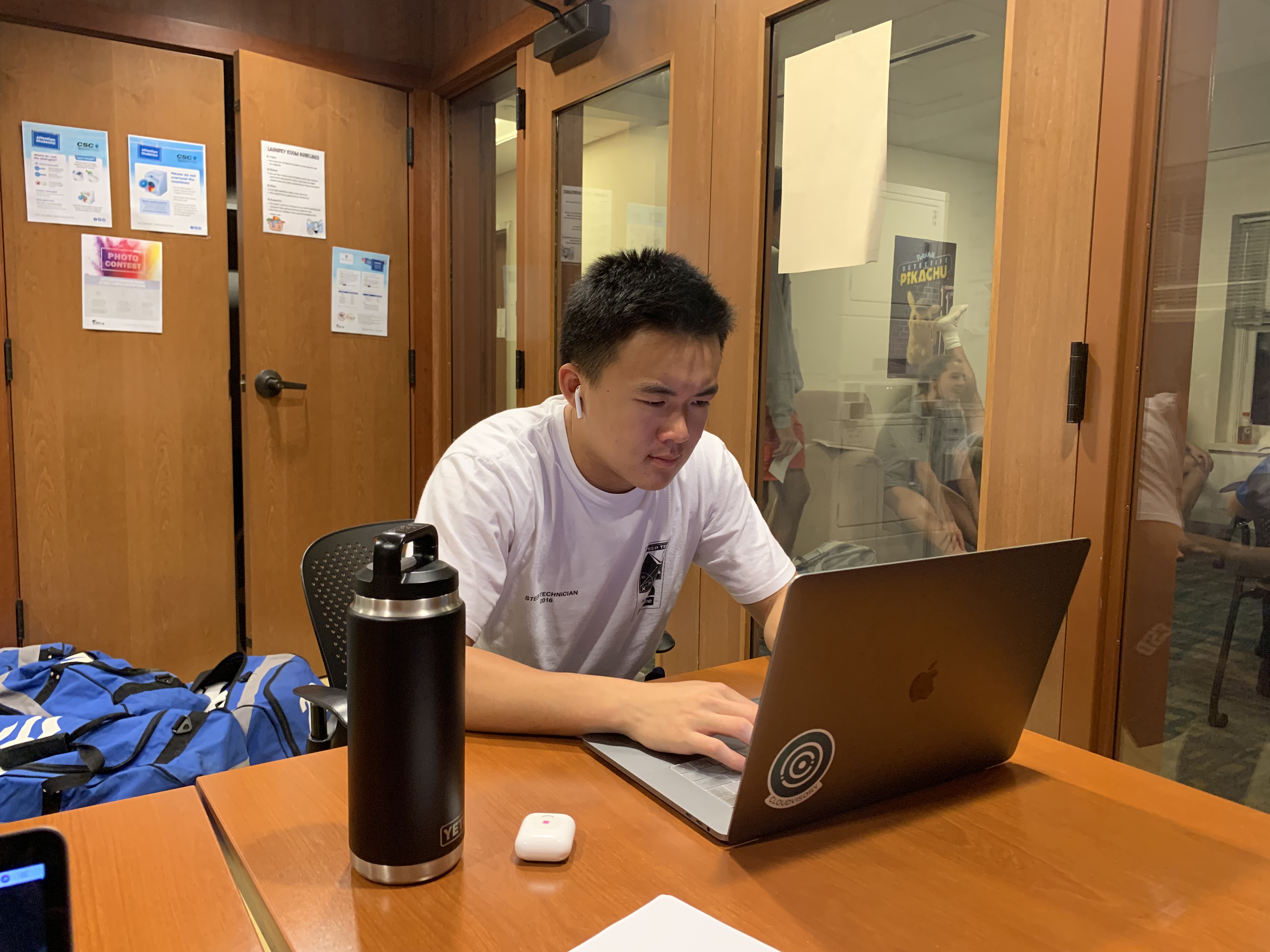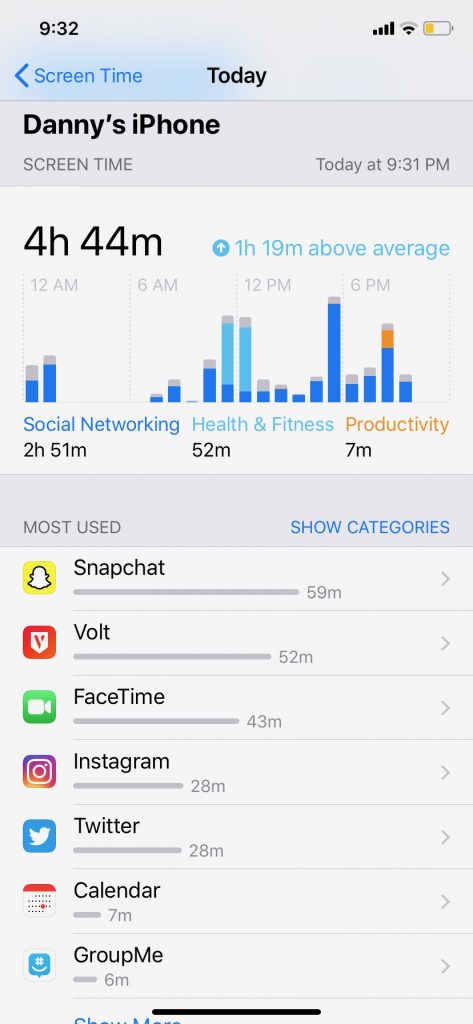Leave No Trace
Is it true that whatever we do we leave some sort of trace? Is there a way to avoid this? Being apart of an era where technology and social media revolve around everything we do, we have to accept that we are constantly leaving a “trace”. Whether that’s what we do on social media, what our search history is, or just our general interactions with technology, we are constantly leaving data behind us. In class, we discussed our “digital footprint” that is constantly evolving according to our interactions with technology. We discussed how whatever we do within the internet becomes a part of our identity. Whether that is companies specifically learning our habits to know what to advertise or Facebook trying to promote a specific political party. We have no real control over these actions.
For our second blog post, we were tasked with “stalking” our professors by diving into their personal lives through the use of the internet and social media. I began by searching for “Mary Abdoney” on Google only to find her Washington and Lee page, but as I dove deeper I was able to find more and more information. I was able to learn her birthday and where she was born specifically, her education history at the University of Florida and the University of South Florida, when and where she got married, her current job, and so much more just from a few Google searches and doing some research. Some of the places I found that I used to create my timeline include Linkedin, Facebook, and a website made for her wedding. On this website I learned some interesting facts such as being a member of the Alpha Xi Delta Sorority, her love for gardening, how she used to be a ballerina, and that she would drive from Lexington to Chapel Hill every other weekend for almost 4 years to spend time with her husband.
After finishing up my research on Professor Abdoney, I continued by “stalking” Professor Teaff by simply searching her name on Google. Again, I was able to use her Linkedin, Facebook, Twitter, and her own website to pick out specific information on her life for my timeline. Through these sources I learned her specific birthday, her education history such as studying at the University of South Carolina, what her current job is, and so much more. Going through her Facebook I could see she visited New York and watched Hamilton in 2017 as well as her liking for the Ohio State Buckeye football team. She was born, grew up, and has spent a significant amount of her time in New York. The one political thing I found was in her Twitter bio where she has #resist which has a negative connotation towards the Trump administration.
Overall, I found it a little bit shocking that I was able to find out so much about my professors just through a little bit of research. I was finding out specific birthdays, their education experiences, their social media interactions, their professional history, and even random facts about what they enjoyed doing and so much more. I even found out they both happened to have the same birthday. I can imagine their filter bubbles influencing their lives because as we discussed in class, based on their demographic, they are being fed specific news sources and specific advertisements. There isn’t much we can do to avoid this, however, it is important to just be aware that this is occuring. Due to our “digital footprint” and literally everything we do on the internet influencing our interaction with it, everything is manipulated to a specific way individually for us. One way we discussed in class and that an article discussed so that we can monitor our “digital footprint” is to download Google Alerts so that we are aware if something is posted having to do with ourself.
This exercise made me become aware of how easily are lives are projected for anyone to see. Making our accounts private, is it really giving us complete privacy? Posting something and then deleting it right after, is it actually gone? Due to this exercise, I am going to try and be more aware of my interactions with social media and my “digital footprint” I am leaving on the world.


